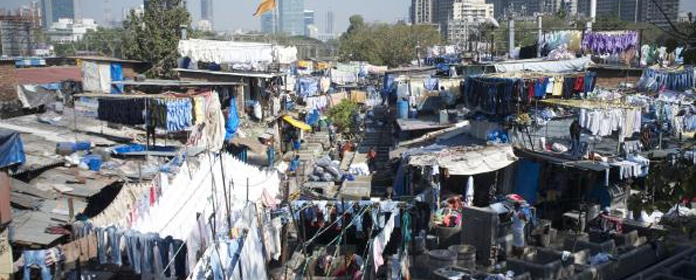An NCID researcher is involved in a study to improve the quality and hygiene of community toilets in Indian slums.
The project has received funding from the international NGO 3ie and will provide data to develop better policies in this area in urban areas.

PHOTO: Aleksandr Zykov
Alex Armand, researcher of the Navarra Center for International Development (NCID) of the Institute for Culture and Societyis participating in an international project to improve the quality and hygiene of community toilets in the slums of Uttar Pradesh, India.
The project is entitled 'The use of community toilets in slums: willingness to pay and the role of information and supply constraints in urban Uttar Pradesh' and is led by the high school of programs of study Taxes, London. It receives funding from the International Initiative for Impact Evaluation (3ie).
Alex Armand and Britta Augsburg (IEF) will develop two complementary interventions in Lucknow (Uttar Pradesh, India). On the one hand, information on hygiene practices and risks associated with poor sanitation will be provided. On the other hand, the quality and hygiene of community toilets will be improved, section for which funding is being sought. These interventions aim to reduce open defecation by promoting the use of community toilets.
The study aims to understand the effectiveness of interventions to improve slum dwellers' willingness to pay for access to community toilets.
The team asserts that "it will not only contribute to understanding what leads to poor sanitation, but also inform the financial viability of different interventions. It will provide guidance to policymakers for the design of public-private partnerships to provide community toilets. In particular, the Degree on whether or not public financial support is needed to improve sanitation situations in urban areas.
The International Initiative for Impact Evaluation (3ie) is an international association that provides grants to promote for evidence-based development policies and programs in low- and middle-income countries. Its three main sources of funding are the Bill & Melinda Gates Foundation, UKaid - through department from development International - and the William and Flora Hewlett Foundation.
